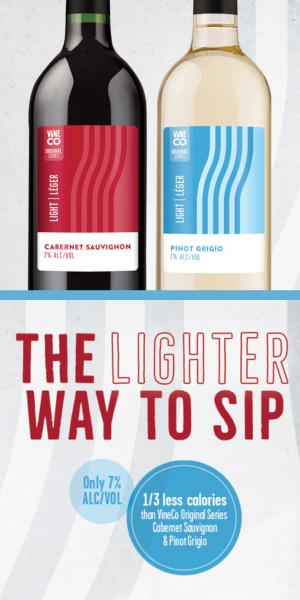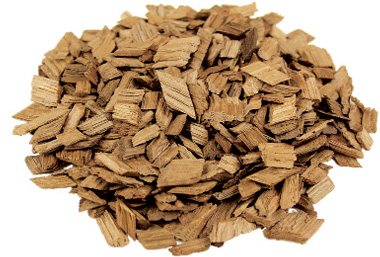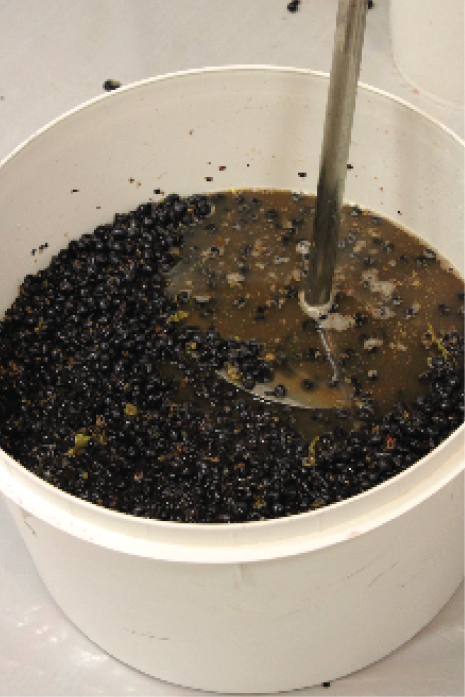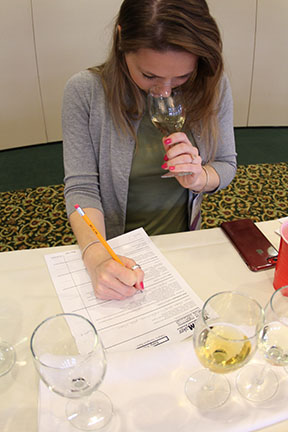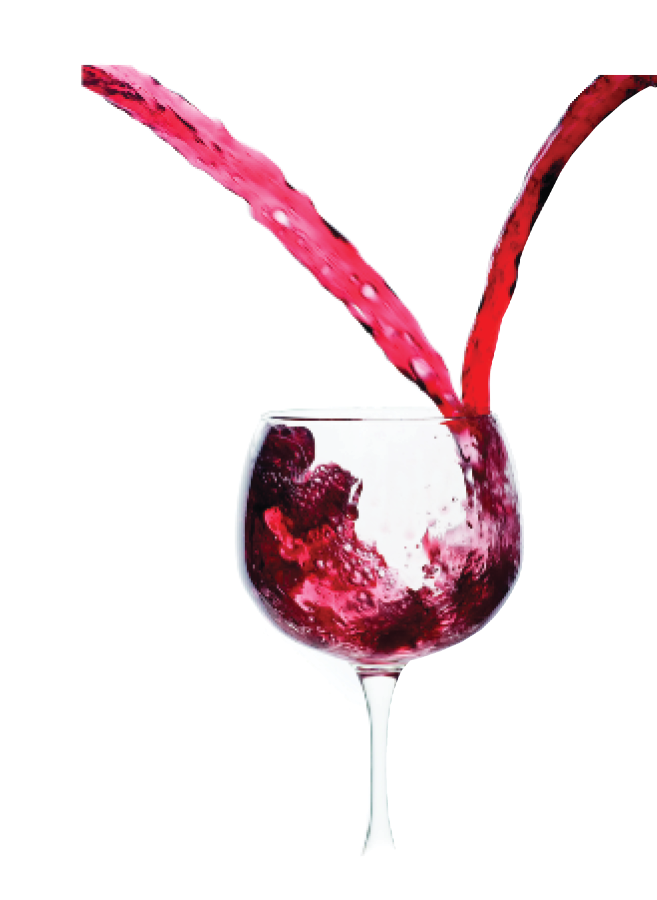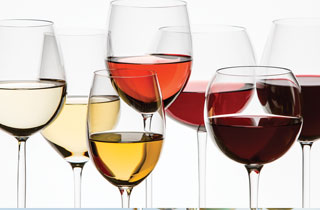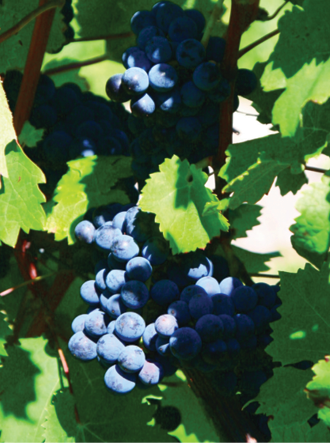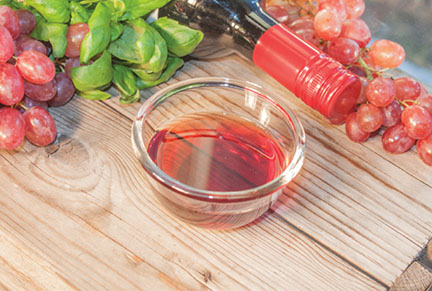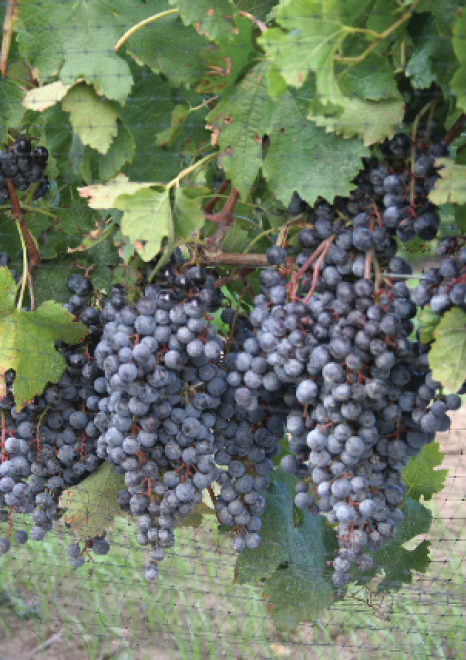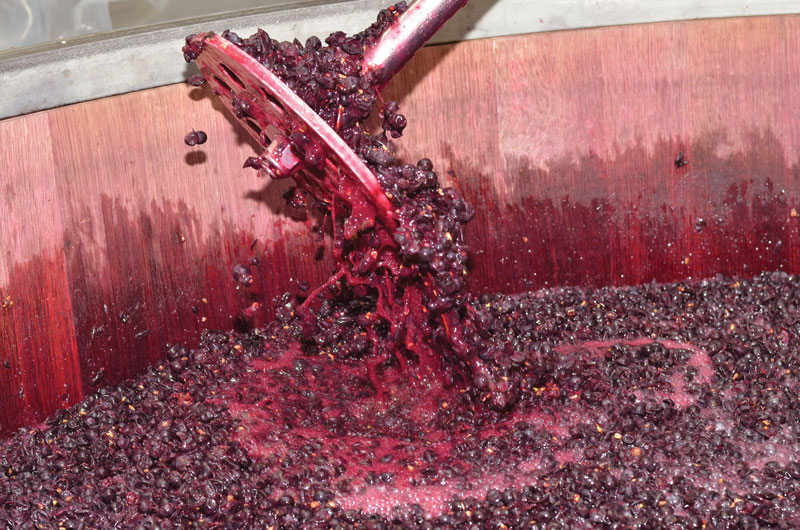Winter 1999
Adding Oak & Rehydrating Yeast: Wine Wizard
QI make wine in five-gallon batches from juice that I buy in Canada. I also buy skins, stems, and small bags of toasted oak chips, then let it all age in five-gallon
The Art of Winemaking
Which of these winemakers is you? Or more appropriately, which of these two scenes, in all likelihood, got you interested in making your own wine? As the fading sunlight gilds the haze
I did not rehydrate my yeast before I pitched it. How do I do this and what happens if I don’t?
Dear Wine Wizard, I did not rehydrate my yeast before I pitched it. How do I do this and what happens if I don’t? John Eastwood Cleveland Wine Wizard replies: Rehydrating yeast
An Inside Look at Competition
Most winemakers begin by wanting to make an affordable wine through their own efforts. Once they succeed, they focus more on perfecting the finished product. Their next question becomes, “Am I making
Blending to Improve Wines
On the surface there doesn’t seem to be much to blending wines. Blending, in itself, is a physically simple task. You take one wine and stir it with another, and the result
Even More Practical Wine Terms
Definitions: Acetobacter: A group of bacteria that oxidatively convert wine to vinegar (ethanol into acetic acid) through an aerobic (oxygen present) fermentation. Acid blend: A generic name for any commercially available blend
Making Cabernet Franc: Tips from the Pros
Derek Wilber, Anthony Road Wine Co., Penn Yan, NY on cabernet franc and quality juice. Cabernet Franc “Adapting your techniques to the climate of a region is the essence of creative winemaking,”
Making Flavorful Vinegar
How can you improve the best wine you can make? Make vinegar! Now this might seem like an absurd thing to say. It might appear to be some kind of joke. But
Mastering Merlot
Merlot has become an important red grape throughout world. Merlot grapes, also known as Merlot Noir in Bordeaux, have been used to soften wines made from Cabernet Sauvignon for many years. Merlot
